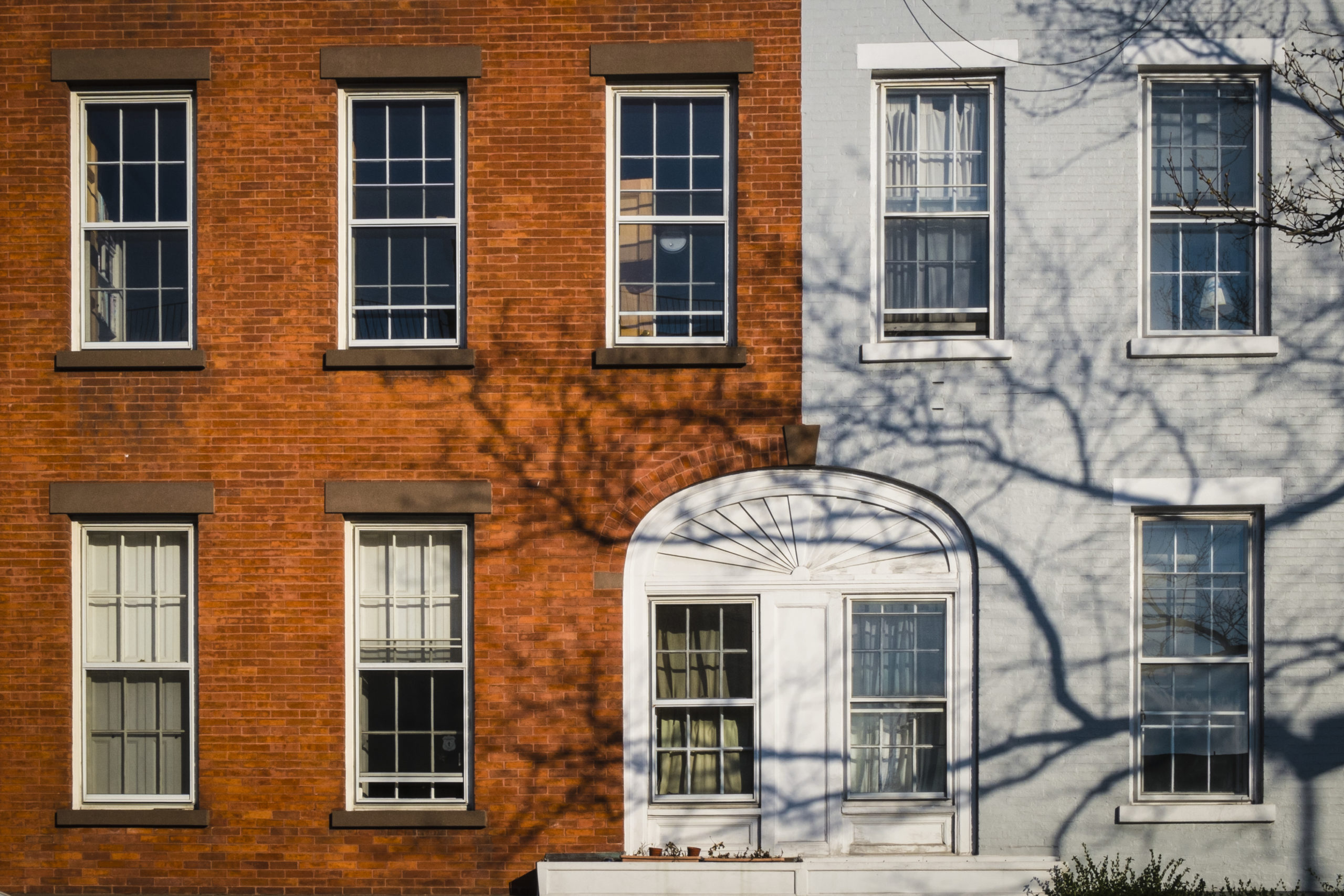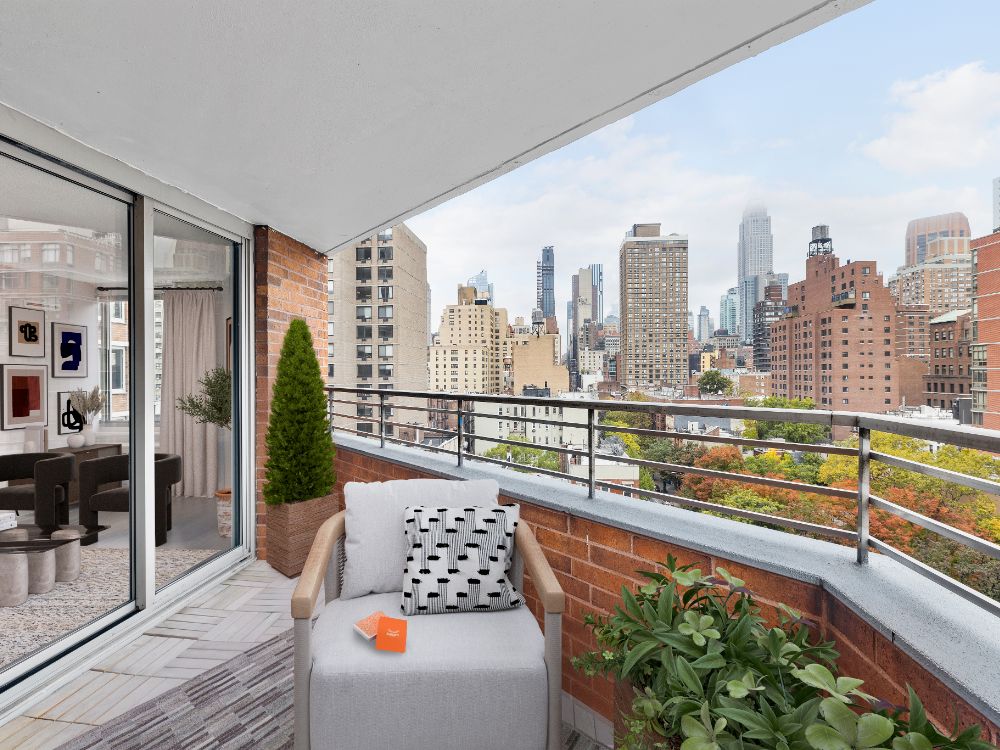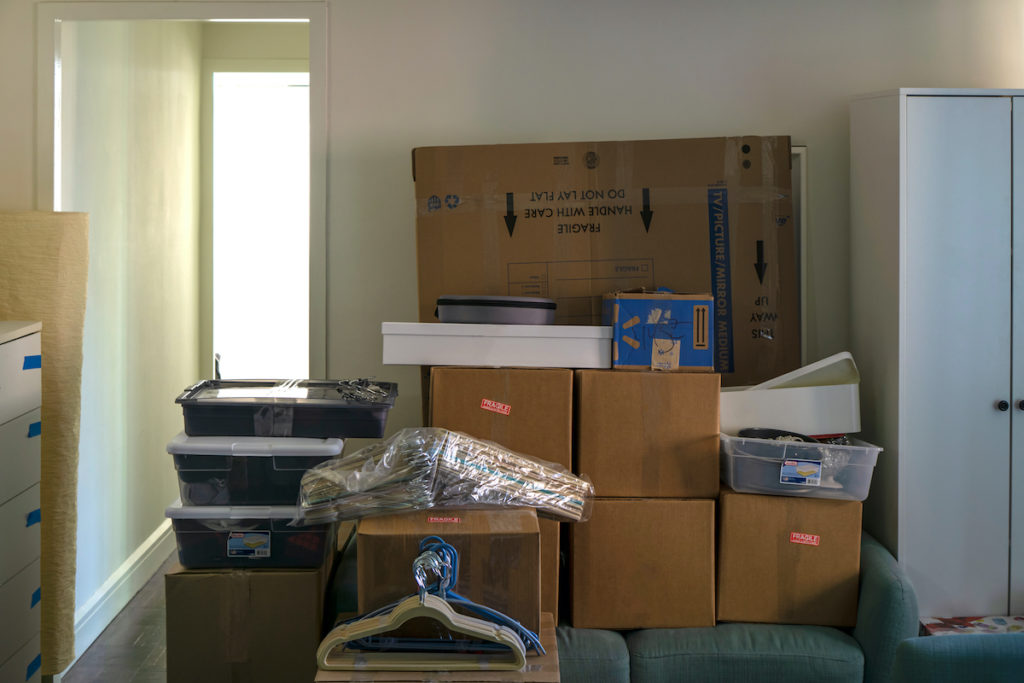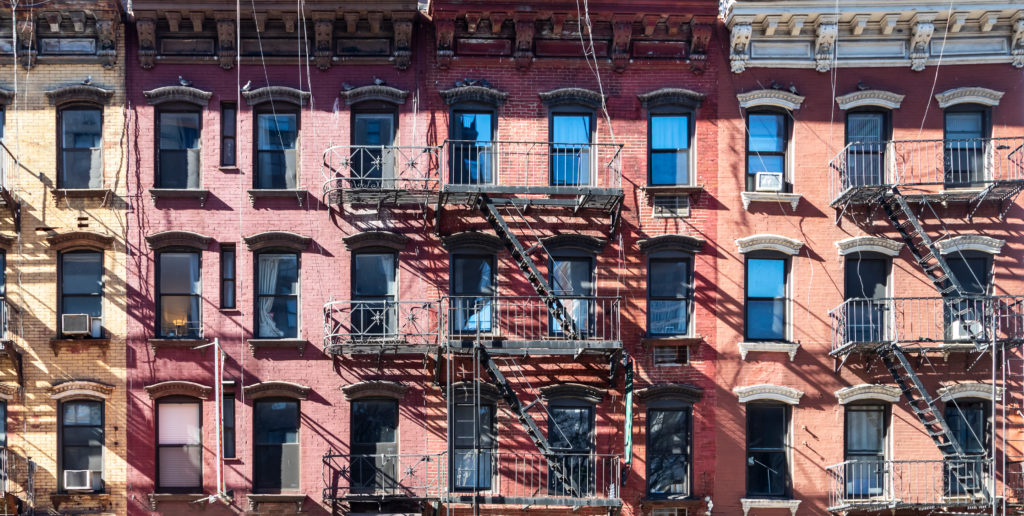Ah, the elusive rent-stabilized apartment in NYC. First, let us start off by clarifying that there is a difference between rent-controlled and rent stabilized apartments. The former, however, is tricky to find and challenging to move into, which we will cover in a different article. The latter, however, has rental rates that are capped by legislation to ensure that they are not wildly expensive.
Criteria for a Rent-Stabilized Apartment in NYC
How though? For starters, for an apartment to be rent-stabilized, the building that the apartment is in needs to have six or more units and built pre-1974. However, with new developers building all the time in the city, it is possible that newer apartments are also rent-stabilized, with tax exemptions offered as incentives.
Renter’s Expectations and Research
Additionally, maximum rent increases for rent-stabilized apartments in NYC are set by the NYC Rent Guidelines Board – the typical raises in the last decade have been anywhere from 0% – 4.5% of monthly rent. As a tenant in one of these apartments, you are expected to keep the apartment as a primary residence, sublet your apartment under certain circumstances, and have one roommate who is unrelated to you.
Before you begin, you should understand that property managers do not have to tell you if a property is rent-stabilized – so you must do your own research to understand the complexities of living in such an apartment. You should also keep in mind that rent-stabilized apartments are typically studios and one-bedrooms as you think about your next move. Then, you can search official databases such as the Rent Guidelines Board’s list that is registered with the DHCR. This list is broken out by borough, and then zip code. You could also search DHCR’s website, but it is important to note that these lists only outline the buildings that have rent-stabilized apartments – they do not mention which specific apartments are rent-stabilized.
Our next tip would be to hone in on older buildings – anything built between Feb 1947 and Jan 1974 should be a prime candidate for rent-stabilized apartments. If you are still unsure after this search, cross-check with the databases listed above.
Signing the Lease
After you find a rent-stabilized apartment in NYC, make sure to check the lease for the terms and conditions that outline the rent, states that the apartment is rent-stabilized, and comes with a rent-stabilization rider. If you are uncomfortable in any way about the validity of the apartment being rent stabilized, you can request a rent history from the DHCR, through a one stop portal called the NYS Rent Connect.
After you move into your new rent-stabilized apartment in NYC, there are several perks you will enjoy as a renter. Your rent will be stable, with minimal increases each year you stay, and rent stabilization provides affordable housing options for those who live in popular metro areas. Rent stabilization also offers housing security and decreases costs for renters who will not have to keep moving due to rent hikes. Renters are also given a guaranteed first right to renew their lease before their apartment is rented out by the landlord to someone else.
Are you in the market for a rent stabilized apartment? Let us know!
–
Want to learn about rent controlled apartments? Read: “What is a Rent-Controlled Apartment in NYC?”








Yes. I am in the market for a rent stabilized apartment. Preferably in Manhattan or the Bronx.
Hi Jason: Thank you for your input. We’ll have a follow-up to this post soon!
I am interested in finding a rent stabilized apartment
Hi Angela: Appreciate you responding. We’ll have a follow-up to this post soon!
Relocating from MA To NYC. Looking for a rent stabilize apartment in manhattan, Brooklyn, Bronx.
Hi Rose: Thank you for your response. We’ll have a follow-up to this post soon!